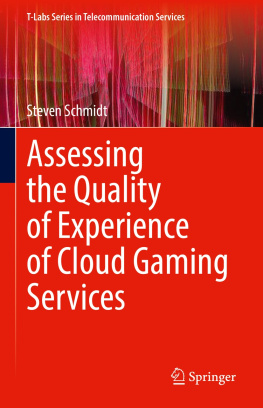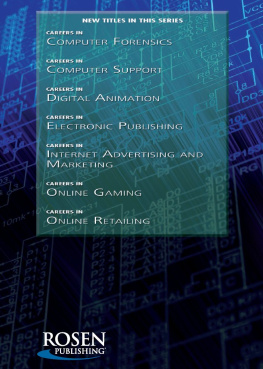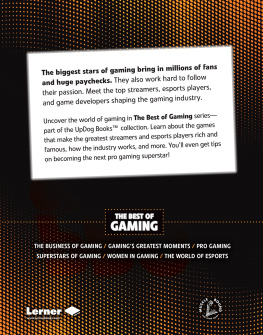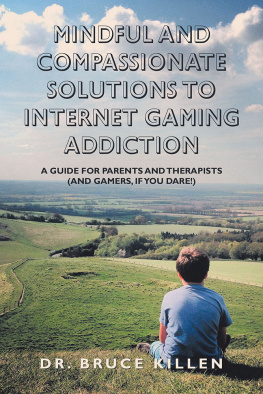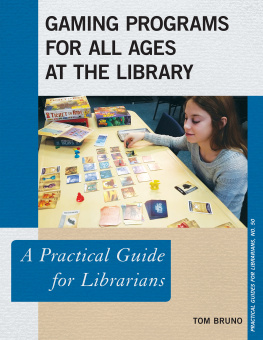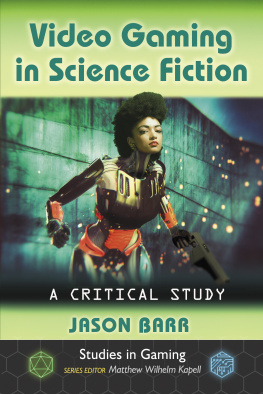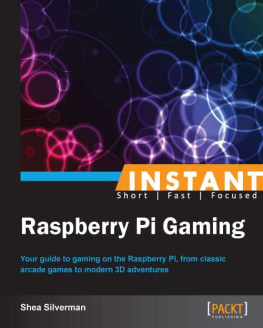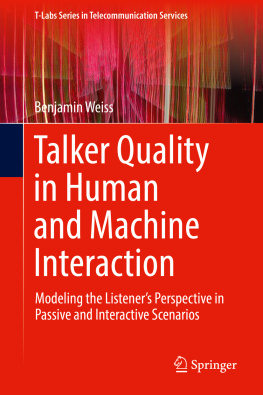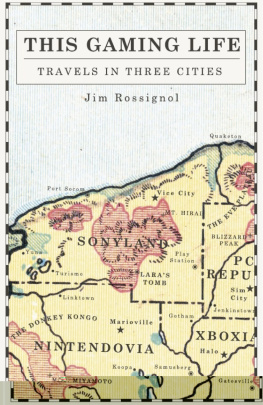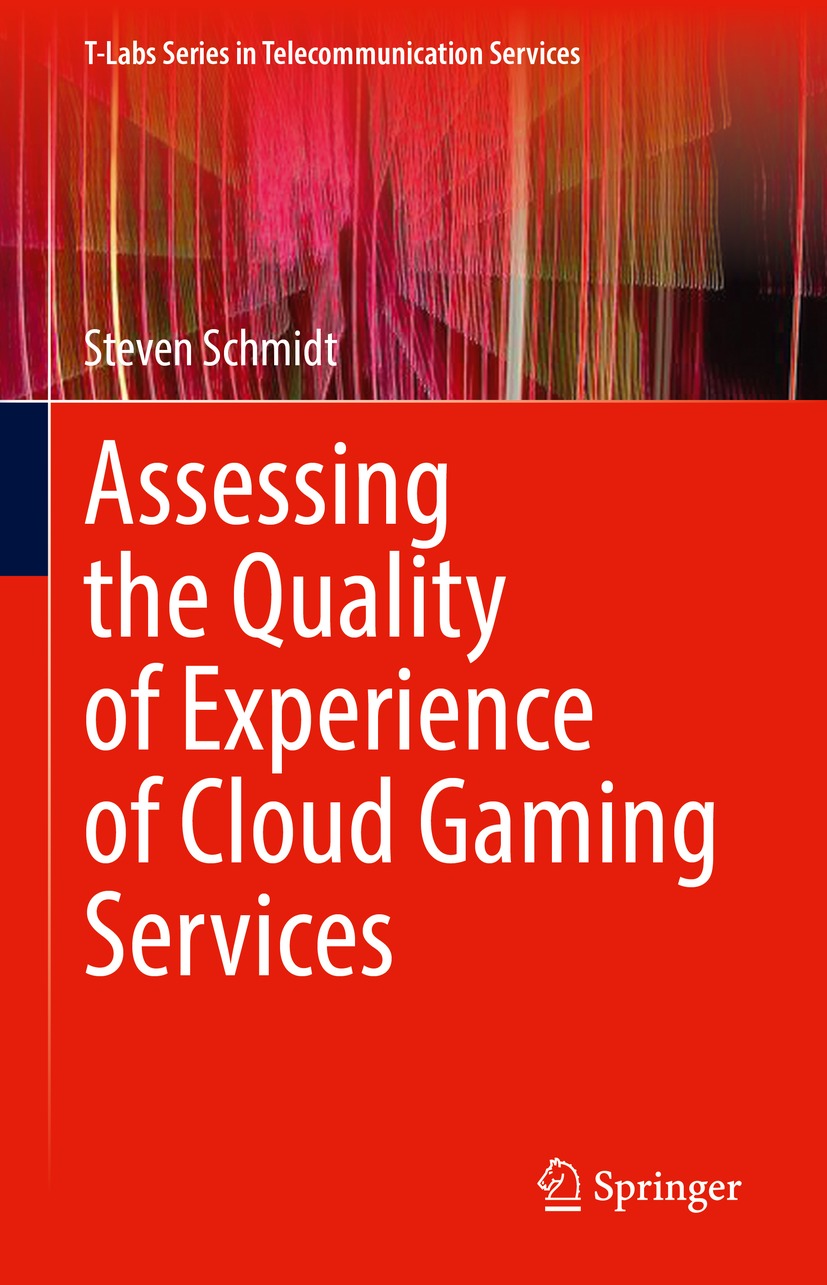T-Labs Series in Telecommunication Services
Series Editors
Sebastian Mller
Quality and Usability Lab, Technische Universitt Berlin, Berlin, Germany
Axel Kpper
Telekom Innovation Laboratories, Technische Universitt Berlin, Berlin, Germany
Alexander Raake
Audiovisual Technology Group, Technische Universitt Ilmenau, Ilmenau, Germany
It is the aim of the Springer Series in Telecommunication Services to foster an interdisciplinary exchange of knowledge addressing all topics which are essential for developing high-quality and highly usable telecommunication services. This includes basic concepts of underlying technologies, distribution networks, architectures and platforms for service design, deployment and adaptation, as well as the users perception of telecommunication services. By taking a vertical perspective over all these steps, we aim to provide the scientific bases for the development and continuous evaluation of innovative services which provide a better value for their users. In fact, the human-centric design of high-quality telecommunication services the so called quality engineering forms an essential topic of this series, as it will ultimately lead to better user experience and acceptance. The series is directed towards both scientists and practitioners from all related disciplines and industries.
** Indexing: books in this series are indexing in Scopus **
Steven Schmidt
Assessing the Quality of Experience of Cloud Gaming Services

Logo of the publisher
Steven Schmidt
Technische Universitt Berlin, Quality and Usability Lab, Berlin, Germany
ISSN 2192-2810 e-ISSN 2192-2829
T-Labs Series in Telecommunication Services
ISBN 978-3-031-06010-6 e-ISBN 978-3-031-06011-3
https://doi.org/10.1007/978-3-031-06011-3
The Editor(s) (if applicable) and The Author(s), under exclusive license to Springer Nature Switzerland AG 2023
This work is subject to copyright. All rights are solely and exclusively licensed by the Publisher, whether the whole or part of the material is concerned, specifically the rights of translation, reprinting, reuse of illustrations, recitation, broadcasting, reproduction on microfilms or in any other physical way, and transmission or information storage and retrieval, electronic adaptation, computer software, or by similar or dissimilar methodology now known or hereafter developed.
The use of general descriptive names, registered names, trademarks, service marks, etc. in this publication does not imply, even in the absence of a specific statement, that such names are exempt from the relevant protective laws and regulations and therefore free for general use.
The publisher, the authors and the editors are safe to assume that the advice and information in this book are believed to be true and accurate at the date of publication. Neither the publisher nor the authors or the editors give a warranty, expressed or implied, with respect to the material contained herein or for any errors or omissions that may have been made. The publisher remains neutral with regard to jurisdictional claims in published maps and institutional affiliations.
This Springer imprint is published by the registered company Springer Nature Switzerland AG
The registered company address is: Gewerbestrasse 11, 6330 Cham, Switzerland
To my mother and sister
Preface
In todays age, various telecommunications services have become indispensable. However, not only telephony and video conferences but also gaming services determine the everyday life of many people. Driven by improvements in domains such as video encoding, virtualization, and processing power, a new paradigm called cloud gaming emerged. These services execute a video game on a distant cloud server and stream the resulting scene as a video to the user, who in turn can control the game remotely. Although this new type of service offers many advantages, it also poses many challenges to network providers and service operators, since cloud gaming services are particularly susceptible to latency and require a high bandwidth.
This book describes methods for measuring the quality of experience (QoE) of cloud gaming services which will not only allow comparable and valid research but also provide all necessary means to collect data for the development of QoE prediction models. These models can be used to plan network infrastructures and to optimize resource allocation. Aiming to establish a link between academia and industry, and to reduce the gap between quality of service (QoS) and QoE research, the presented work strongly contributes to recommendations of the Telecommunication Standardization Sector of the International Telecommunication Union (ITU-T). The reader will hopefully understand that knowledge about various influencing factors, assessment methods, and prediction models is necessary to develop and maintain a cloud gaming service successfully. The book is written for students, researchers, and engineers interested in the assessment of the QoE of cloud gaming services. The presented assessment method and other research findings may in particular be useful for persons aiming to develop gaming QoE prediction models and to investigate specific parameters of a cloud gaming service by means of user studies.
The work presented was carried out within the scope of my PhD dissertation, which was conducted under the supervision of Prof. Dr.-Ing. Sebastian Mller in the Quality and Usability Lab at Technische Universitt Berlin from 2016 to 2021.
Steven Schmidt
Berlin, Germany
November 2021
Acknowledgments
The path to finalizing a dissertation is long and full of obstacles, but I have met numerous people who helped me overcome all these challenges over the past years, and I am truly thankful.
Foremost, I would like to express my deepest thanks to my supervisor Prof. Dr.-Ing. Sebastian Mller for providing me with guidance throughout all these years. Thank you very much for your continuous support, for all the time we spent with discussions, for your recommendations about various decisions I had to make, and for enabling exciting opportunities for my personal growth.
My time at the Quality and Usability Lab was not only joyful due to an interesting research topic but first and foremost due to all my great colleagues, of whom some turned into good friends.
Among these, my greatest thanks go to Saman Zadtootaghaj. You were an inspiration in many aspects of our close collaboration. Thank you for being such a good friend, for your reliable and professional support, for always being honest and open-minded, and for the many interesting discussions we had to progress in our research. I want to give special thanks to Babak Naderi. Thank you for always being there, sharing your experiences, introducing me to the challenges of crowdsourcing, and the many interesting discussions about statistics we had. You helped me not lose myself in my thought processes and are truly a great team player. Furthermore, I would like to express my gratitude to Saeed Shafiee Sabet for the delightful and constructive collaboration. You showed me different perspectives on our complex topic, and I could always count on you. A great thank you also goes to Nabajeet Barman. It was a pleasure to work with you, and I am thankful for all the great advice you gave me on the academic and personal level. Thank you, Justus Beyer, for initiating the gaming QoE research at the QU Lab, introducing me to your work, and the interesting research proposal you wrote.

